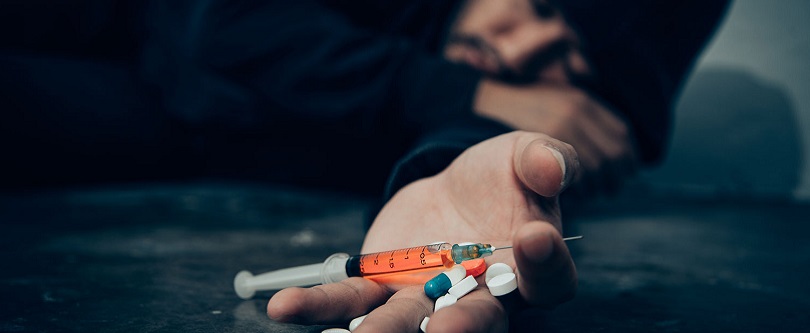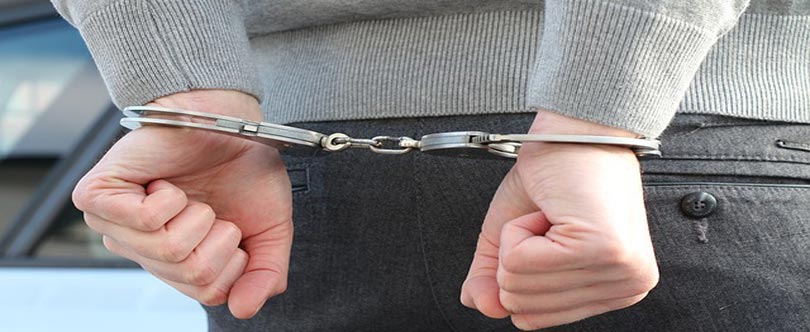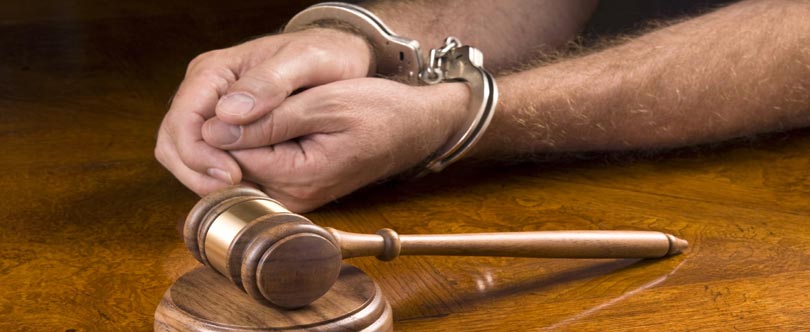

Getting involved with drugs at any level can lead to negative consequences, and that applies whether you have already entered or intend to enter drug rehab, or have no intention to seek help for your addiction. Worse, if you are someone whose relationship with drugs is not as a drug user, but instead supplying and selling drugs to others, then you must be aware that the penalties you could face if caught and convicted are extreme.
One thing that many who are convicted of a drug offence often say is that they had no idea how severe the penalties could be. You might find that hard to believe, but it is a sad fact, especially for those who have a drugs addiction, that their thoughts about the future are predominantly focused on where they are going get their next ‘fix’, rather than what might happen if they get caught buying or using the drugs that they hoped would give them that fix.
The fact is being caught, charged, and convicted with a drug offence has multiple implications for your life, including your relationships, your family, your employment, your future life, and most stark of all, for your liberty, should the punishment you are given be one of imprisonment. Let us look at all of these legal implications in some more detail.

A few tips to remember if by chance you see a police officer take out the handcuffs and you’re sure they’ll be going around your wrists any second.
Stop talking.
While it’s true that your statements are generally inadmissible until the officer reads you your Miranda warning, it still doesn’t make sense to give the police any more information than necessary. Wait to talk to criminal lawyers. Adrenaline will be pumping through your system, and many people get very “chatty” because that is their natural response to fear.
Take a deep breath, remember this is the time to be quiet. Miranda are those magic words which say “anything you say can and will be used against you…”. Once you hear that phrase it’s really time to be silent and ask for your lawyer. This doesn’t mean you can’t ask a question (“can I call someone to come get my car”, “I have medicine I need in my car”, etc.), but beyond that it’s better to zip your lip.

Assault is recognised under Australian law as an offence against the individual, irrespective of the seriousness of the offence. Also, Australian law prescribes various charges for the act of assault. The act of assault is always intentional and entails reasonable apprehension by the victim of immediate harm irrespective of whether the actual harm has occurred.
In this light, the offence of assault may take place, for instance, when the perpetrator aims at touching, striking, moving or applying force without the victim’s consent, or when the victim’s consent has been obtained by means of fraud or duress. As the foregoing discussion must suggest, it is irrelevant whether a physical harm has been inflicted on the victim of assault, because a mere attempt to attack or a threat of force suffices. It is extremely interesting to note that assault may also be committed if the perpetrator utilises heat, light, odours, electricity, or any substance in order to cause personal inconvenience or injury to another individual.

Unfortunately, people across Australia are charged with various crimes every single day. Crimes vary from very simple and basic ones like parking or speeding offences to more serious things like assault or drug-related offences.
Dealing with a charge can be a difficult and confronting process, especially if it is the first time that you have been booked. High-quality criminal lawyers can help you deal with your charge, and should be able to direct you and show you what your next steps are.
Before being charged
If the police are around asking you questions, then you need to carefully consider how you answer them. Being courteous and friendly is never a bad idea, especially if you are guilty. Doing so could help you get charged with a less serious offence, while being difficult won’t help your situation at all.
If you are guilty, then you need to provide police with the information that they have a right to – your name, address, phone number, etc… – and then say that you want to see your lawyer. The Criminal Lawyers with a wealth of knowledge and experience will know the processes involved and will be able to help you get the best out of your situation.
Copyright 2017 - BGS Law : Expert Legal Advice